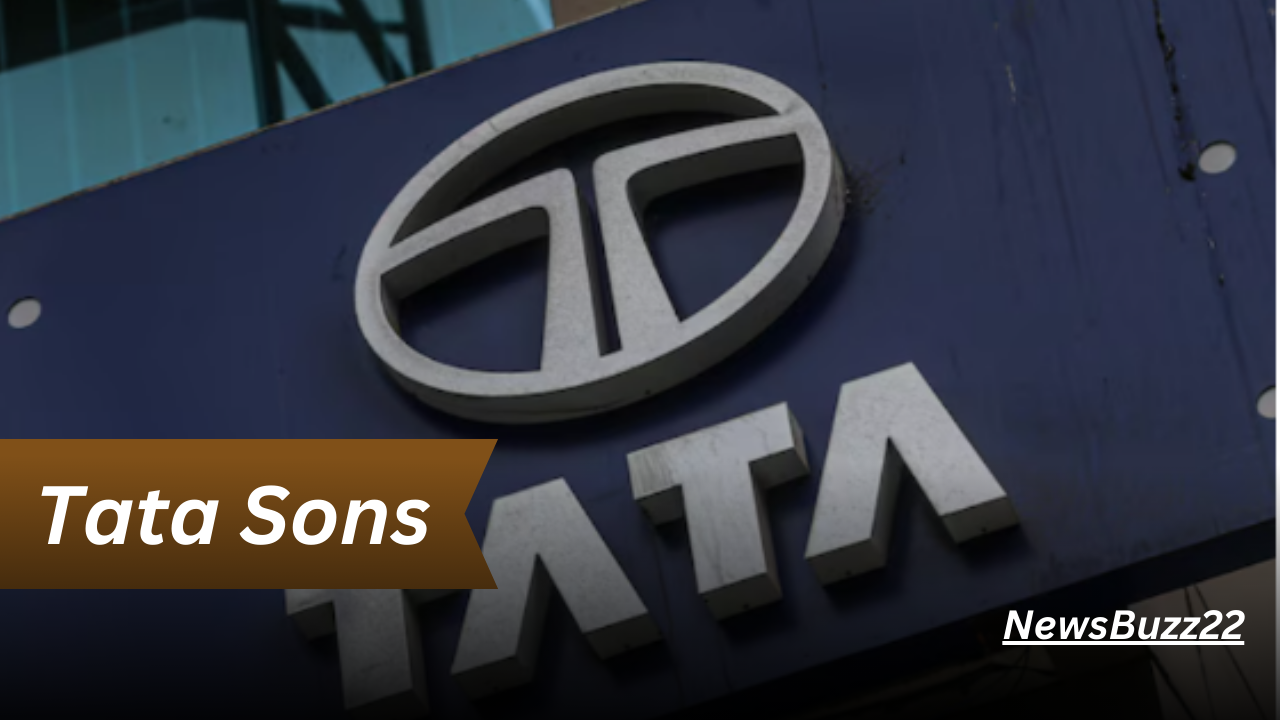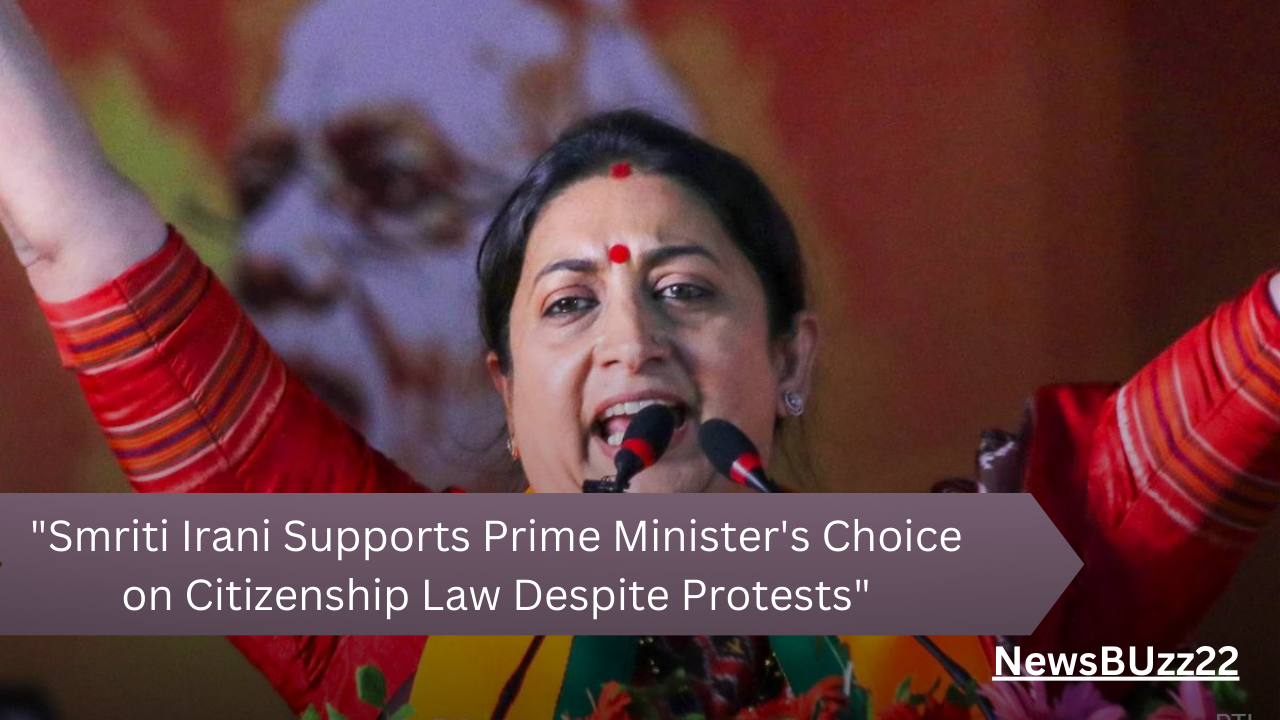Tata Sons looking at debt rejig to avoid IPO next year
MUMBAI: Tata Sons, the $150-billion Tata Group’s holding company, required to go public by September 2025, is considering a balance sheet restructuring to seek an exemption from an RBI rule requiring an IPO.

Read In Hindi
टाटा संस अगले साल आईपीओ से बचने के लिए कर्ज में बदलाव पर विचार कर रही है
मुंबई: टाटा संस, $150 बिलियन वाले टाटा समूह की होल्डिंग कंपनी, जिसे सितंबर 2025 तक सार्वजनिक होना आवश्यक है, आईपीओ की आवश्यकता वाले आरबीआई नियम से छूट पाने के लिए बैलेंस शीट पुनर्गठन पर विचार कर रही है।
आरबीआई के नियमों के अनुसार, एक ‘मुख्य निवेश कंपनी’ अपनी संपत्ति 100 करोड़ रुपये से कम रखकर और सार्वजनिक धन जुटाने से परहेज करके नियामक दायरे में आने से बच सकती है। यदि यह ऐसे फंडों का पुनर्भुगतान करता है या किसी अलग इकाई को हस्तांतरित करता है, तो यह प्रभावी रूप से आरबीआई की निगरानी को दरकिनार कर देता है। यह रणनीति इकाई को ‘मुख्य निवेश कंपनी’ और ‘ऊपरी परत’ एनबीएफसी के रूप में वर्गीकरण से बचने में सक्षम बनाती है, जिससे इसे सार्वजनिक होने की अनिवार्य आवश्यकता से छूट मिलती है।
150 अरब डॉलर वाले टाटा समूह की होल्डिंग कंपनी टाटा संस वर्तमान में भारतीय रिजर्व बैंक (आरबीआई) के साथ एक कोर इन्वेस्टमेंट कंपनी (सीआईसी) के रूप में पंजीकृत है। बैंकिंग नियामक ने इसे एक ऊपरी स्तर की गैर-बैंकिंग वित्तीय कंपनी (एनबीएफसी) के रूप में वर्गीकृत किया है, जिसमें एक कड़े अनुशासनात्मक ढांचे का पालन करना अनिवार्य है और इसे सितंबर 2022 में आरबीआई अधिसूचना के तीन साल के भीतर सार्वजनिक लिस्टिंग से गुजरना होगा।
आरबीआई के नियमों के अनुरूप, एन चंद्रशेखरन के नेतृत्व में टाटा संस, संभावित रूप से अपने ऋण के पुनर्गठन के लिए रणनीतिक विकल्पों पर विचार कर रहा है। कंपनी अपने कर्ज को एक अलग इकाई में स्थानांतरित करने की संभावना तलाश रही है। ऐसा करके, टाटा संस का लक्ष्य खुद को ऊपरी स्तर की एनबीएफसी सूची से बाहर करना है, इस प्रकार नियामक आवश्यकताओं के अनुरूप होना है।
जबकि टाटा संस के पास आरबीआई के नियमों का पालन करने का समय है, कंपनी नियामक परिदृश्य को नेविगेट करने के लिए सक्रिय रूप से रास्ते की जांच कर रही है। FY23 की रिपोर्ट के अनुसार, टाटा संस के पास वर्तमान में 20,000 करोड़ रुपये की उधारी है।
सीआईसी को आरबीआई विनियमन के तहत आने के लिए, दो शर्तों को पूरा करना होगा: 100 करोड़ रुपये से अधिक की संपत्ति का आकार और सार्वजनिक धन जुटाना। यदि इनमें से कोई भी शर्त पूरी नहीं होती है, तो इकाई सीआईसी के रूप में पंजीकृत होने के लिए बाध्य नहीं है। टाटा संस, जिसकी संपत्ति 100 करोड़ रुपये से अधिक है, अपने ऋण ढांचे को पुनर्गठित करने की संभावना का मूल्यांकन कर रही है – या तो उधार चुकाकर और ऋण-मुक्त स्थिति प्राप्त करके या उन्हें एक अलग इकाई में स्थानांतरित करके। यह रणनीतिक कदम टाटा संस को आरबीआई से सीआईसी के रूप में पंजीकरण रद्द करने में सक्षम बनाएगा।
विशेष रूप से, टाटा संस के संभावित आईपीओ ने बाजार में प्रत्याशा पैदा कर दी है, जिससे टाटा समूह की चार सूचीबद्ध कंपनियों के शेयर की कीमतों में उछाल आया है। विशेष रूप से टाटा केमिकल्स में उल्लेखनीय वृद्धि देखी गई, जो गुरुवार के कारोबारी सत्र में बीएसई पर लगभग 15% बढ़ गई। कंपनी का शेयर 11.6% उछाल के साथ 1,315 रुपये पर बंद हुआ। विश्लेषकों का सुझाव है कि टाटा केमिकल्स टाटा संस के प्रत्याशित आईपीओ का प्राथमिक लाभार्थी हो सकता है, जिसका स्वामित्व संभावित रूप से कंपनी के बाजार पूंजीकरण का 80% होगा।
निवेश बैंकिंग फर्म स्पार्क ने टाटा संस की हिस्सेदारी के संभावित मूल्य अनलॉकिंग पर प्रकाश डाला है, इस बात पर जोर दिया है कि टाटा केमिकल्स, होल्डिंग कंपनी से जुड़े अपने आंतरिक मूल्यांकन के साथ, महत्वपूर्ण रूप से लाभान्वित होने के लिए तैयार है। रिपोर्ट बताती है कि यदि बाजार टाटा संस को 10-11 लाख करोड़ रुपये का मूल्यांकन देता है, तो टाटा केमिकल्स के आंतरिक मूल्यांकन में फिर से रेटिंग का अनुभव हो सकता है, जिससे मूल्य प्रशंसा का अवसर मिलेगा, विशेष रूप से आईपीओ के बाद या निवेश के परिसमापन के दौरान। .
As per RBI regulations, a ‘core investment company’ can avoid falling under the regulatory purview by keeping its assets below Rs 100 crore and refraining from raising public funds. If it repays or transfers such funds to a separate entity, it effectively sidesteps RBI oversight. This strategy enables the entity to escape classification as a ‘core investment company’ and an ‘upper layer’ NBFC, exempting it from the mandatory requirement of going public.
Tata Sons, the holding company of the $150-billion Tata Group, is currently registered as a Core Investment Company (CIC) with the Reserve Bank of India (RBI). The banking regulator has classified it as an upper-layer Non-Banking Financial Company (NBFC), mandating adherence to a stringent disciplinary structure and requiring it to undergo a public listing within three years of RBI notification in September 2022.

In line with RBI regulations, Tata Sons, led by N Chandrasekaran, is considering strategic options to potentially restructure its debt. The company is exploring the possibility of transferring its debt to a separate entity. By doing so, Tata Sons aims to exclude itself from the upper layer’ NBFC list, thus aligning with regulatory requirements.
While Tata Sons has time to comply with RBI rules, the company is proactively examining avenues to navigate the regulatory landscape. According to the FY23 report, Tata Sons currently holds borrowings amounting to Rs 20,000 crore.
For a CIC to fall under RBI regulation, two conditions must be met: an asset size exceeding Rs 100 crore and the raising of public funds. If either of these conditions is not fulfilled, the entity is not obligated to register as a CIC. Tata Sons, with assets surpassing Rs 100 crore, is evaluating the possibility of reorganizing its debt structure—either by repaying borrowings and achieving debt-free status or by transferring them to a separate entity. This strategic move would enable Tata Sons to deregister as a CIC from RBI.

Notably, the potential IPO of Tata Sons has created anticipation in the market, leading to a surge in the share prices of four listed Tata Group companies. Tata Chemicals, in particular, witnessed a significant uptick, rallying nearly 15% on the BSE in Thursday’s trading session. The company’s stock closed with an 11.6% jump at Rs 1,315. Analysts suggest that Tata Chemicals could be the primary beneficiary of Tata Sons’ anticipated IPO, with its ownership potentially accounting for 80% of the company’s market capitalization.

Investment banking firm Spark highlights the potential value unlocking of Tata Sons’ stake, emphasizing that Tata Chemicals, with its intrinsic valuation linked to the holding company, stands to benefit significantly. The report suggests that if the market assigns a valuation of Rs 10-11 lakh crore to Tata Sons, Tata Chemicals’ intrinsic valuation could experience a re-rating, presenting an opportunity for value appreciation, especially post the IPO or during liquidation of the investment.










